Elissa Welle was a news reporter for The Transmitter from 2023 to 2024, where she covered neurodegeneration and a smorgasbord of other basic neuroscience research. Before joining the newsroom in late 2023, she worked as an intern reporter for Reuters, Nature, STAT News and The Detroit Free Press. She has also written for The Chronicle of Higher Education and her alma mater’s student newspaper, The Michigan Daily. Her days as a scientist were spent designing and fabricating tiny electrodes for single-neuron electrophysiology recordings.

Elissa Welle
Former reporter
The Transmitter
From this contributor
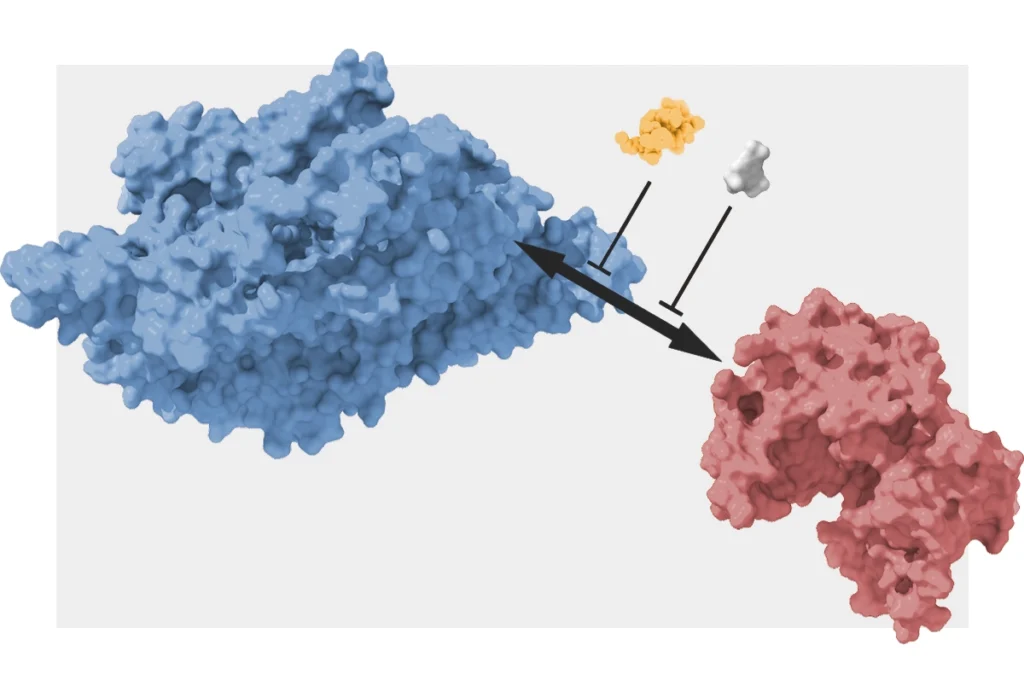
Persistent protein pairing enables memories to last
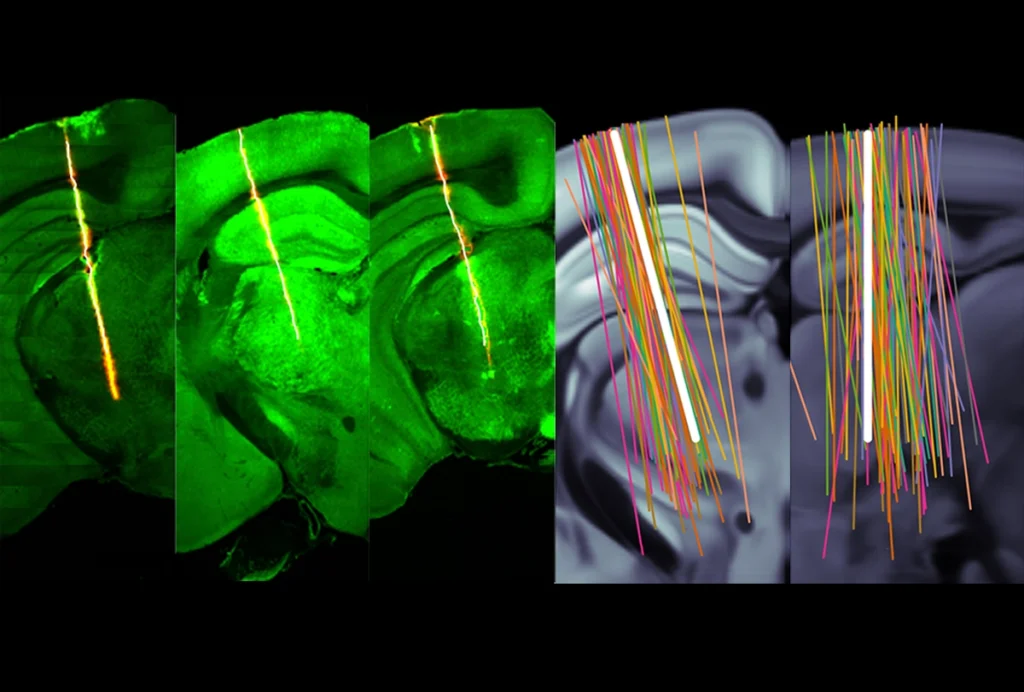
10 standards for brain electrode-array recordings enhance reproducibility
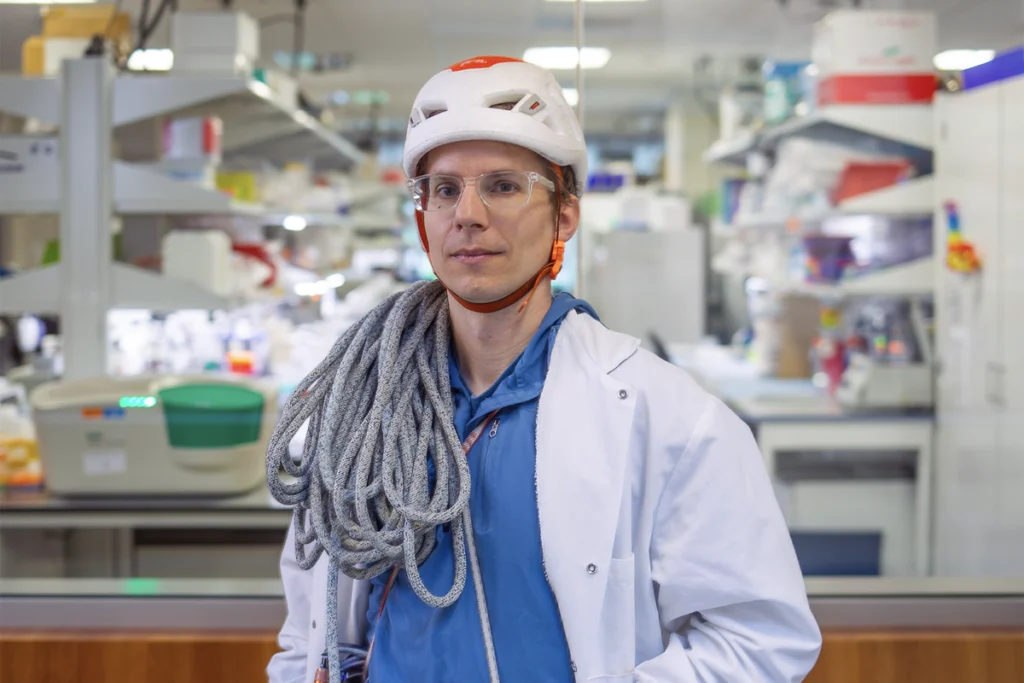
Climbing to new heights: Q&A with Kaspar Podgorski
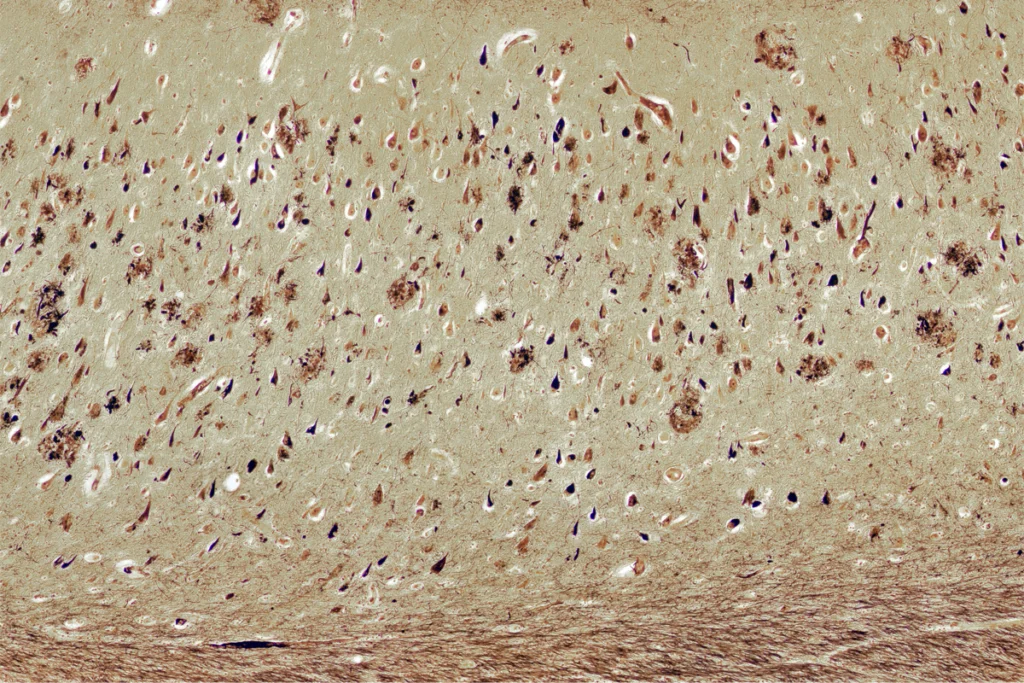
Reviving ‘inside-out’ hypothesis of amyloid beta to explain Alzheimer’s mysteries
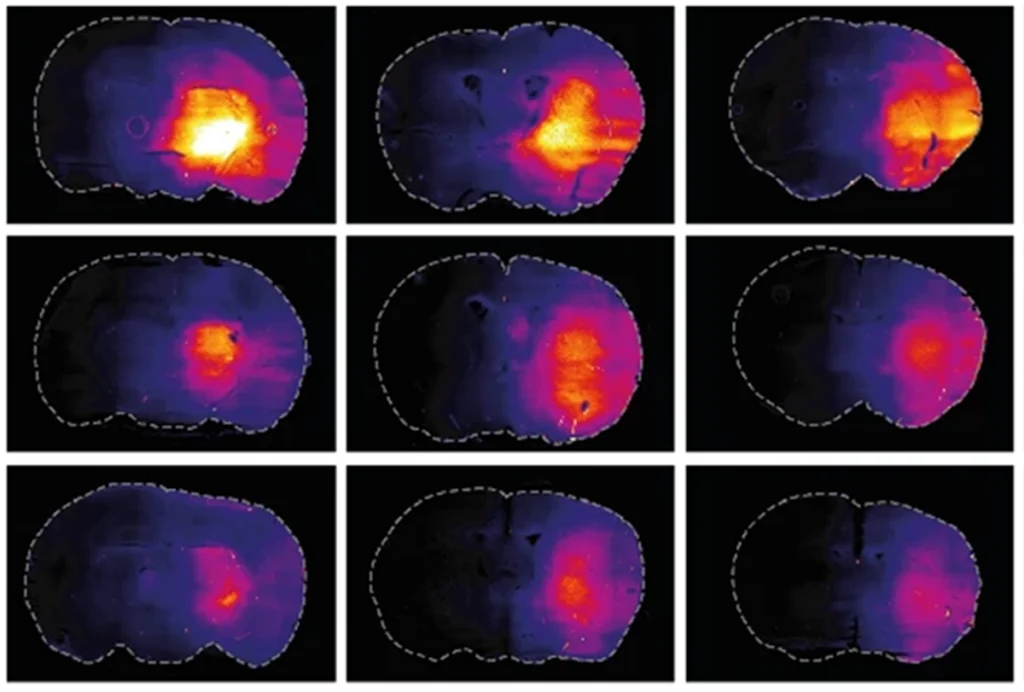
New method reignites controversy over brain clearance during sleep
Education
- M.S. in science journalism, University of California, Santa Cruz
- Ph.D. in biomedical engineering, University of Michigan
- B.S. in bioengineering, Cornell University
Fellowships
- AAAS Mass Media Fellowship in 2022
Articles
- “Utah array characterization and histological analysis of a multi-year implant in non-human primate motor and sensory cortices” | Journal of Neural Engineering
- “Sharpened and mechanically durable carbon fiber electrode arrays for neural recording” | IEEE Transactions on Neural Systems and Rehabilitation Engineering
- “Multi-channel intraneural vagus nerve recordings with a novel high-density carbon fiber microelectrode array” | Scientific Reports
- “Ultra-small carbon fiber electrode recording site optimization and improved in vivo chronic recording yield” | Journal of Neural Engineering
Explore more from The Transmitter
Mitochondrial ‘landscape’ shifts across human brain
Evolutionarily newer regions sport mitochondria with a higher capacity for energy production than older regions, according to the first detailed map of the organelles in a tissue slice, adding to mounting evidence that the brain features a metabolic gradient.

Mitochondrial ‘landscape’ shifts across human brain
Evolutionarily newer regions sport mitochondria with a higher capacity for energy production than older regions, according to the first detailed map of the organelles in a tissue slice, adding to mounting evidence that the brain features a metabolic gradient.
Expediting clinical trials for profound autism: Q&A with Matthew State
Aligning Research to Impact Autism, a new initiative funded by the Sergey Brin Family Foundation, wants to bring basic science discoveries to the clinic faster.

Expediting clinical trials for profound autism: Q&A with Matthew State
Aligning Research to Impact Autism, a new initiative funded by the Sergey Brin Family Foundation, wants to bring basic science discoveries to the clinic faster.
This paper changed my life: Shane Liddelow on two papers that upended astrocyte research
A game-changing cell culture method developed in Ben Barres’ lab completely transformed the way we study astrocytes and helped me build a career studying their reactive substates.

This paper changed my life: Shane Liddelow on two papers that upended astrocyte research
A game-changing cell culture method developed in Ben Barres’ lab completely transformed the way we study astrocytes and helped me build a career studying their reactive substates.